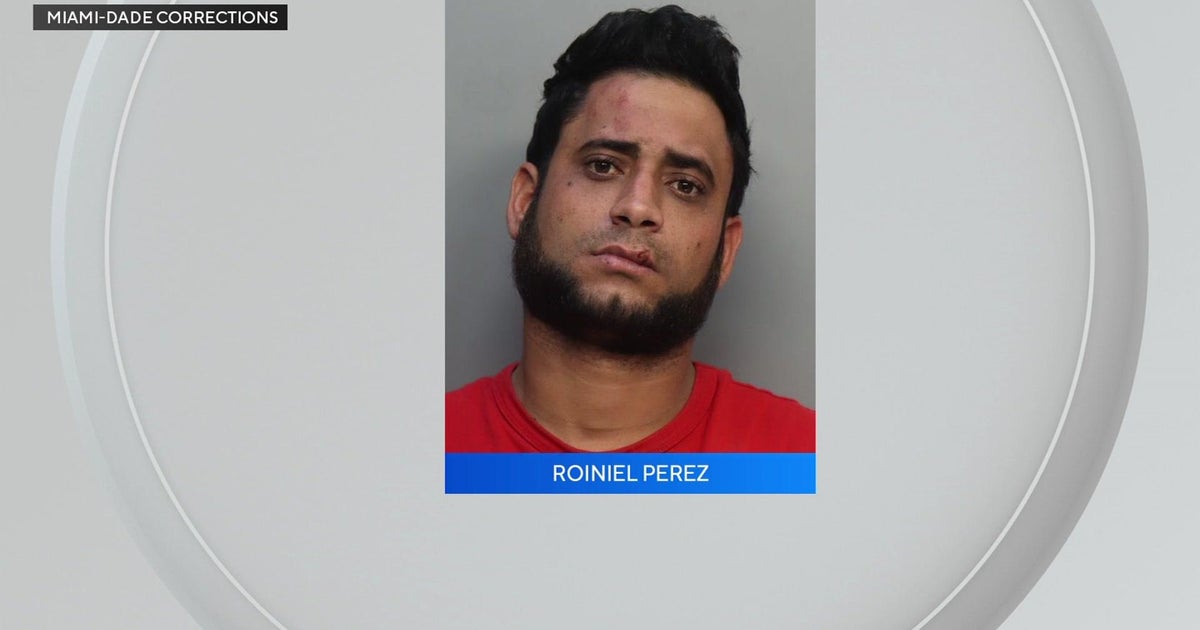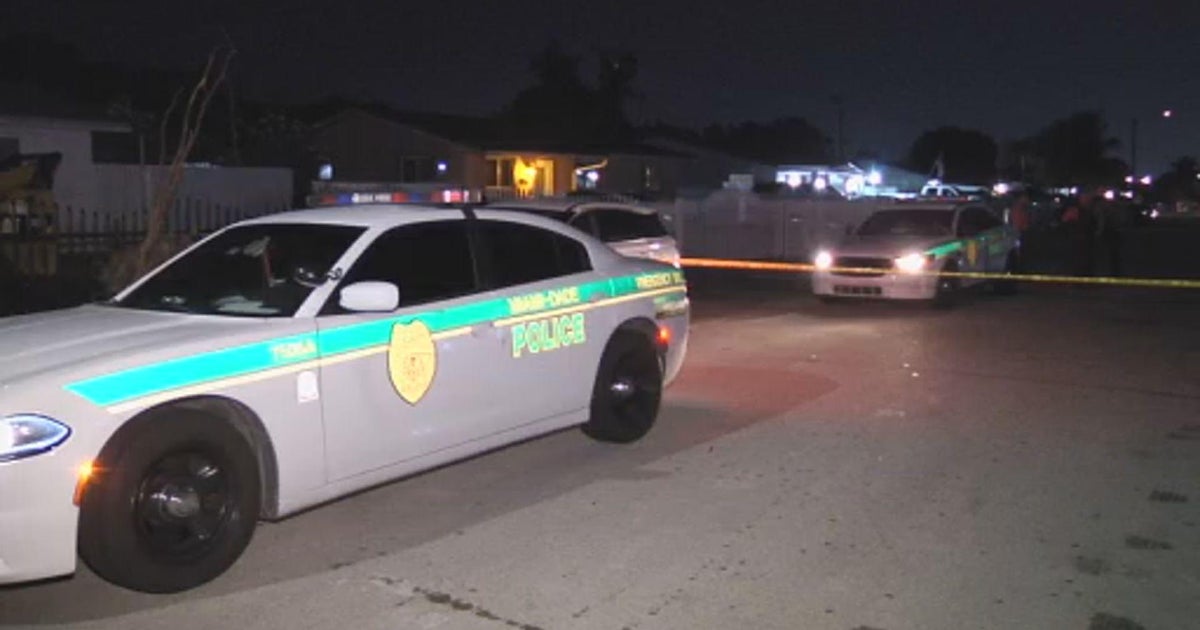USDA cites Miami Seaquarium for insufficient animal care, staffing problems; report infuriates local leaders, PETA
MIAMI — The U.S. Department of Agriculture (USDA) has cited the Miami Seaquarium for alleged insufficient animal care and staffing problems, causing frustration for many Miamians.
The five-page report, which was completed in July, stated that USDA inspectors cited the Miami Seaquarium for multiple violations in the first half of 2023, including inadequate veterinary care, animal handling, facilities, employees and/or attendants, and critical separation.
The report was published a month after Miami Seaquarium's Lolita — a 57-year-old orca — died in captivity due to old age and multiple chronic illnesses.
Inadequate veterinary care
According to the USDA, Miami Seaquarium "failed to recognize veterinary authority" when Elelo the Pacific white-sided dolphin was treated for "foreign body ingestion" earlier this year.
On January 3, after Elelo went under treatment for foreign body ingestion, the attending veterinarian (AV) determined that his enclosure was no longer suitable for the animal and recommended he be transferred to another facility. However, that transfer didn't happen at the time of inspection, according to the USDA.
Later on July 6, after noting continued foreign body ingestion by Elelo, the AV determined that Miami Seaquarium did not have the equipment to keep the animal in its current facility and had to undergo a "significant amount of maintenance" and that there was a "repeat risk of foreign body ingestion." According to the USDA, the AV stated that she contacted the administration to try and expedite the process and planned to relocate Elelo to another facility as mentioned earlier.
It was also reported by several employees that a newly appointed corporate dolphin trainer was instructing employees to not contact the AV and undermine her authority, which created a "very stressful environment," the USDA stated. Additionally, a "Chain of Command" chart was on display inside the trainer's office that showed he was the highest authority and did not include the AV.
When asked about it, the trainer told inspectors he did not report to facility management but instead answered to two corporate personnel. Also, numerous other employees reached out anonymously but hesitated to give statements because of "fear of retaliation," the USDA stated.
"Failure to ensure that the attending veterinarian has appropriate authority over the veterinary care of the animals can lead
to unnecessary stress, discomfort, and suffering of the animals," the report stated. "Each dealer and exhibitor shall assure that the attending veterinarian has appropriate authority to ensure the provisions of adequate veterinary care and to oversee the adequacy of other aspects of animal care and use."
According to the USDA, Miami Seaquarium failed to provide proper equipment and services to ensure adequate veterinary care in one other instance.
On July 5, the AV noted that the gastroscope was "very outdated" and not working, and recommended purchasing a new system. However, that request was not approved at the time of the report. Additionally, Miami Seaquarium reportedly does not own any scales, so at least three adult manatees held at the facility have not been weighed in over five years, the USDA stated.
"Properly functioning equipment is necessary for diagnosing, treating and maintaining the health of the animal," the report stated. "Accurate weights are essential for dosing medications and providing adequate routine care."
Animal handling
On March 19, a visitor of Miami Seaquarium was bitten on the hand by Gemini the dolphin at Dolphin Harbor during a meet-and-greet event with another dolphin in the facility.
According to the USDA, Gemini broke from station and swam toward a group of guests as they had their hands on the water's surface, waiting to touch the other dolphin as they swam by. As trainers instructed guests to remove their hands, Gemini "popped up and grabbed" a girl's hand. The girl pulled her hand out of the water with Gemini still holding onto her. Gemini did eventually let go of her hand but stayed in front of the guests as they stood up.
"Inadequate handling or control of animals during public interactions can lead to injury of the public and the animals," the USDA stated. "During public exhibition, any animal must be handled so there is minimal risk of harm to the animal and to the public."
Facilities
According to the USDA, Miami Seaquarium failed to maintain two different marine animal enclosures.
The first of which was Elelo's enclosure, which led the dolphin to ingest several objects, including a plastic zip-tie, a broken piece of plastic and what was described to be a "large piece of cement, which were all found during his January 3 gastroscopy. According to the USDA, the zip-tie was used to secure pool fencing, the plastic was likely from a target pole and divers noted that the bottom of the pool had a layer of "broken, flaking cement."
During the second procedure on July 5, Elelo was made to regurgitate "sand and glass filtration media," according to the USDA.
"Enclosures that fall into states of disrepair may no longer be able to safely contain the animals and may produce foreign material which could be ingested and become injurious to the animals," the report stated. "Indoor and outdoor housing facilities for marine mammals must be structurally sound and must be maintained in good repair to protect the animals from injury."
Meanwhile, Miami Seaquarium was noted to have failed to provide weather and sunlight protection for one of its manatee enclosures. According to the USDA, records indicated that the overhead tarp was removed for 10 days in March and for an unspecified amount of days in April, which left the housed adult male manatee without any natural or artificial shade.
"Direct sunlight can adversely affect the animal's health, especially skin and eye health," the USDA stated. "Natural or artificial shelter shall be provided for all marine mammals kept outdoors to afford them protection from the weather or from direct sunlight."
According to the report, this citation was corrected at the time of inspection.
Employees or attendants
According to the USDA, Miami Seaquarium also failed to maintain a sufficient number of trained employees.
On March 27, the termination of an associate veterinarian resulted in a single person caring for the facility's 46 marine animals and "hundreds of birds, fish, sharks and rays" housed by Miami Seaquarium; as a result, all routine samples were placed on hold to prioritize non-routine/unwell animals.
By June 17, three veterinary technicians resigned, leaving only one person with zero full-time support staff. At the time of inspection, the USDA noted, that only one of the four available positions was filled and two associate veterinarian positions remained open, continuing the prioritization of sick and urgent cases until additional staff could be obtained.
"Insufficient staffing can result in poor husbandry practices and the inability of the veterinary team to provide routine care
and maintenance of the animals," the USDA stated.
"A sufficient number of adequately trained employees or attendants, responsible to management and working in concert with the attending veterinarian, must be utilized to maintain the prescribed level of husbandry practices," the report added.
Critical separation
On February 27, a CT scan performed on Bimini — a 23-year-old female dolphin — found that she had multiple rib fractures in various stages of healing. According to the USDA, these injuries were incidental findings and determined to be likely caused by "conspecific aggression." Once Miami Seaquarium learned of the injuries, it placed Bimini in a safer group.
However, the USDA noted that housing incompatible animals together can negatively impact their health and welfare, and may cause serious injury or even death.
"Marine mammals must not be housed in the same enclosure nor be housed near other animals that cause them unreasonable stress, discomfort or interfere with their good health," the USDA stated.
Meanwhile, Romeo — an adult male manatee — had been housed alone in his enclosure because the three other manatees he was living with were released back into the wild in the spring. According to the USDA, manatees are semi-social animals and do better medically and psychologically when they're housed in pairs or groups. However, despite numerous attempts to acquire another manatee, Miami Seaquarium did not meet the requirements to do so.
"Marine mammals, whenever known to be primarily social in the wild, must be housed in their primary enclosure with at least one compatible animal of the same or biologically related species," the USDA stated.
CBS News Miami has reached out to the Miami Seaquarium and Miami-Dade County for further comment, but neither have responded as of Saturday afternoon.
The USDA's report has angered many in the community, including local leaders and animal rights activists. Since the release of this report, People for the Ethical Treatment of Animals (PETA) has urged county officials to shut down the Miami Seaquarium and has received nearly 24,000 supporters of its petition.
And this is not the first time that the USDA has made troubling findings at the facility. Back in October 22, Miami-Dade County Mayor Daniella Levine Cava issued a plan for action after the USDA found that dolphins were being underfed at Miami Seaquarium, calling the report "deeply disturbing."





